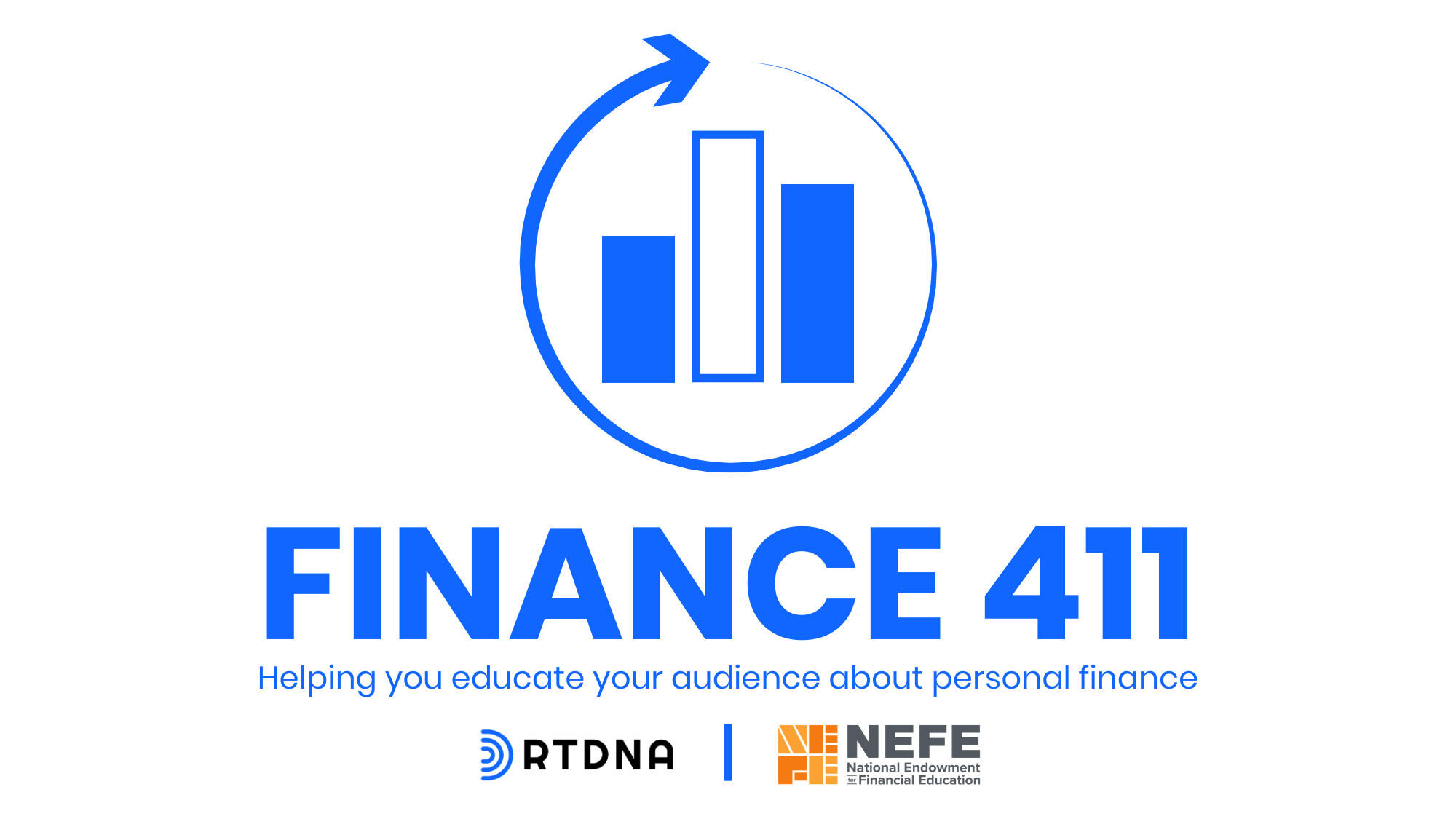Money Matters: Making money by meeting fitness goals

January is gym season: We’ve made New Year’s resolutions to lose weight and get healthy and found a spurt of motivation to get on that elliptical on January 1. But research shows many of us fail to turn early January’s better behaviors into year-long healthy habits.
That’s where psychology and personal finance come in.
While we all know that eating better and exercising more make us healthier, the future reward of a healthier self often isn’t enough to overcome immediate excuses to avoid the challenge of a workout.
Adding a different, more immediate award can help, and new apps that provide financial incentives to stick to fitness goals or lose weight – literally paying you to work out – are cropping up.
Insurance companies, too, are getting in the incentives game since healthier people have lower health costs, reducing premiums based on fitness tracker data (raising some privacy concerns) or reimbursing gym membership costs, so check your policy before signing up.
Rewards can help turn health goals into healthy habits, but psychologists say that loss can actually be a more powerful motivator than reward, a concept called loss aversion.
When we have something to lose, we’re much more likely to stick to a habit long term, even after the threat of loss or potential for reward is removed.
Services like StickK capitalize on this by allowing users to create a “commitment contract,” with financial penalties for failing to meet goals, the money going to friends, charities, or even “anti-charities” like political parties the user doesn’t agree with.
Potential penalties are also more likely to be effective when there’s additional accountability from a “referee” who monitors your progress. We’re more likely to stick to our goals when we’re accountable to someone else, though we’re also likely to withdraw from a community (called the abstinence violation effect) if we’ve failed on some front.
Services like StickK and apps where users compete or bet on achieving their goals ties accountability to financial consequences.
We’re also relatively unlikely to opt-in to high stakes bets or commitment contracts unless we’re really ready to change, so the New Year could be a good time to make that move.
Try some of these apps or techniques and take your audience with you on your habit-building journey! Along the way, talk to a local university psychologist, someone who hasn’t quite followed through, and someone who has successfully tried some of these tricks.
Weekly Money Matters personal finance content for your newsroom is sponsored by the National Endowment for Financial Education.
